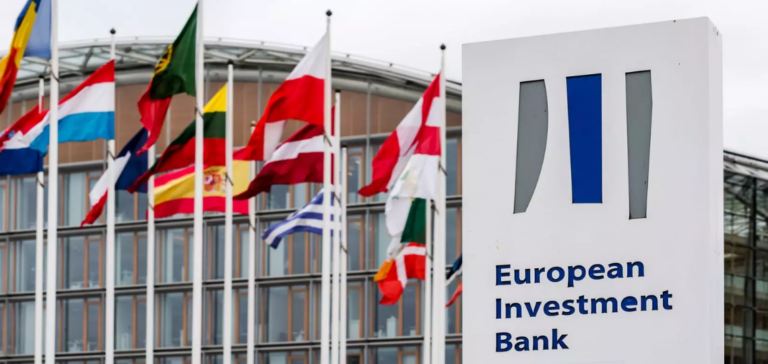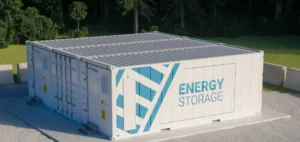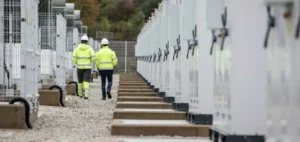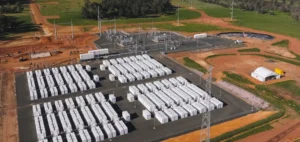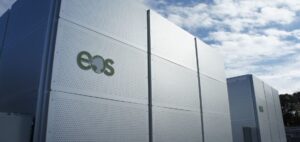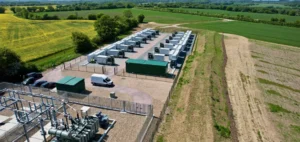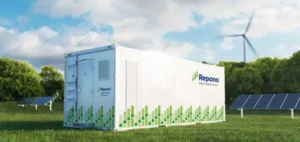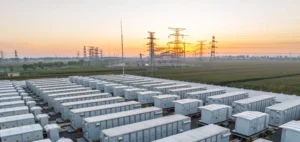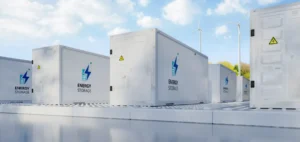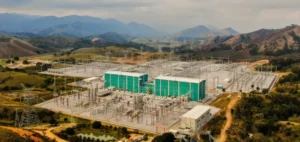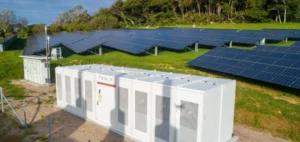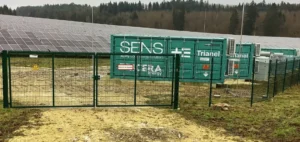ISB provides a €36.7 million loan to PBT’s German subsidiary for the production of environmentally friendly battery materials.
ISB funding for batteries
The ISB announces that this investment is made under the InvestEU program. The bank provides a loan to PBT subsidiary Königswarter & Ebell for the production of environmentally friendly battery materials. The financing takes the form of a risk loan, supported by the InvestEU Green Transition program.
The project concerns a commercial demonstration plant for the manufacture of precursor cathode active material (pCAM). This project represents an innovation as it will be the first of its kind. pCAM is used in the production of advanced lithium-ion cells.
This technology is intended to be environmentally friendly by reducing carbon emissions. This ISB investment is strategic to strengthen the European Union’s battery production capabilities. These are indeed necessary to make a transition to a low-carbon economy.
PBT technology
The University of Queensland was developing the PBT technology as of 2011. The main difference with conventional processes is its simplicity. It avoids energy-intensive, complicated, costly and emission-intensive steps such as the separation of nickel, cobalt and manganese.
It uses selective leaching and purification processes to produce pCAM. ISB is also investing in this battery material production technology as it is in line with the EU’s circular economy approach. The PBT process can use recycled battery materials as raw material.
This reduces the need for primary nickel, manganese and cobalt. In addition, the increased adoption of electric vehicles will lead to large volumes of end-of-life batteries in the near future. In addition, the recycling of these batteries will also make the European Union more self-sufficient.

